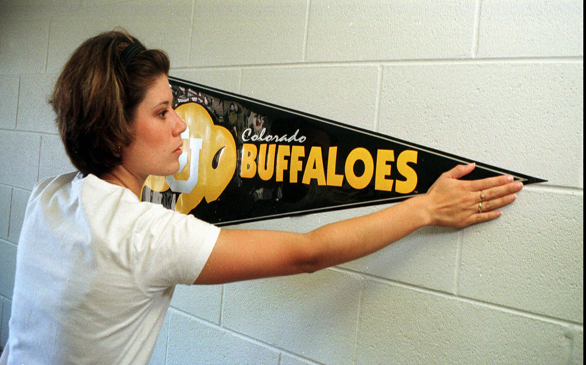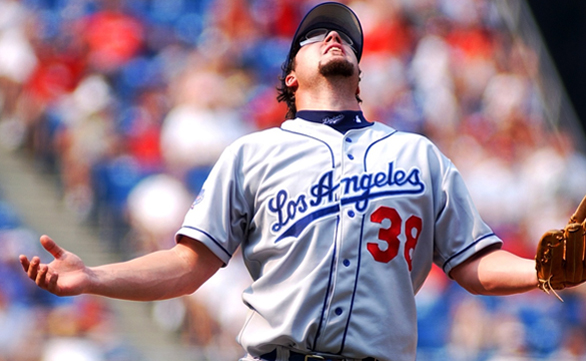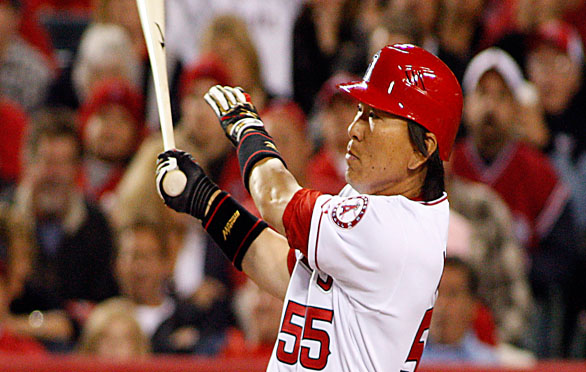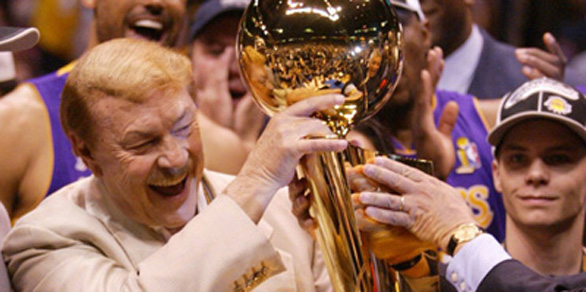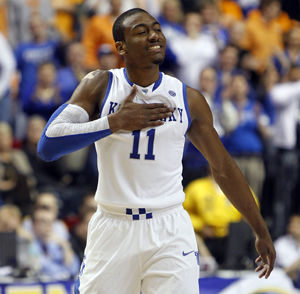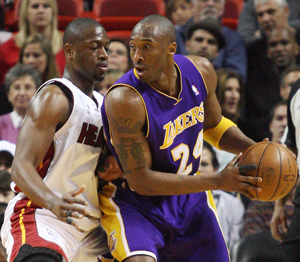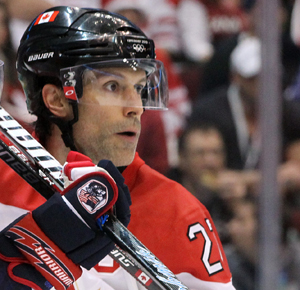According to the Clippers’ media relations personnel, more than 17,000 people were inside Staples Center on Sunday night to watch Los Angeles’ second team host the Golden State Warriors in a meaningless contest between two lottery-bound teams. In fact, the game was so meaningless it should no longer happen again. The NBA should seriously consider putting both the Clippers and Warriors up for contraction. (I actually say there are six teams who should be eliminated – more on that later.)
Seriously, both teams are perennial losers, and this season (as well as last weekend’s contest) was living proof. Just look at the statistics. Including Sunday night’s game, in which the Warriors defeated the Clippers, both Los Angeles and Golden State are a combined 50 games below .500. Further, both teams were out of the playoff race on Dec. 12.
Short of each team’s respective magical playoff runs in 2006 (Clippers) and 2007 (Warriors), neither has done more than help fill up a spot on the league’s schedule of games in the last 15 years. Even worse, what have the Clippers done for the association in their entire existence? At least the Warriors have two NBA championships (though neither were won in Oakland, so the Warriors are still worthy of being booted).
Back to the Clippers: Since their founding in 1970 as the Buffalo Braves, the team now known as the Los Angeles Clippers has lost nearly 64 percent of their games, the worst mark in the league. Here are some more depressing statistics: In 40 years, the Clippers have made just seven playoff appearances (advancing beyond the first round just twice) and have never finished better than second place in their division.
According to ESPN.com, the Clippers have had 10 or more losses in a month a whopping 60 times (60!) since they relocated from San Diego to Los Angeles in 1984, with 17 of those double-digit months coming in March (they are 3-11 this month). The team has topped the 40-win plateau just eight times in its history. Three of those instances occurred in Buffalo (when they had Bob McAdoo), with the team winning 43 games in its first season in San Diego and exceeding 39 wins on four separate occasions in Los Angeles.
Folks, blaming Donald Sterling for the Clippers’ woes is not enough. The NBA is just as much, if not more, at fault than Sterling will ever be.
Sterling cannot solely be held fully responsible for the franchise’s lack of Hall of Famers, absences of retired jerseys, its 20-27 lifetime playoff mark or even its 1,155-2,032 overall regular season record. The NBA itself needs to own up for allowing the Clippers to exist so long despite its woeful history.
Just like any franchisor-franchisee relationship in the United States, the franchisor not only has the authority to approve new franchisees, but it can also retract or contract one (or more) just the same. David Stern, the NBA’s de facto CEO, is turning a blind eye to teams like the Clippers (and several others), stating the league is financially sound as a whole.
McDonald’s, by example, is doing very well as a corporation, but that does not mean it would allow a franchisee in Los Angeles (or anywhere else) to exist for 40 years while consistently producing dismal results almost every year. The company’s overall profits do not grant one franchisee the right to consistently underperform. Nor does it mean the person running that underperforming franchisee is the sole person to blame. In any other franchise-based business, franchisees such as the Clippers would be forced to fold, and the franchisor would not wait 40 years to make that decision.
The Clippers have made zero contributions to the NBA. No championships of any kind, no Hall of Famers, no Most Valuable Players, only seven playoff berths and just a handful of All-Star selections.
Not much more can be said of franchisees located in Oakland, Sacramento, Memphis, New Jersey and New Orleans, each team consistently underperforming, as well. Accordingly, the NBA should contract each of these six franchises and redistribute the players to the remaining 24 franchisees. Not only would these teams not be missed, the league itself would present its fans with a far superior product.
Sports: The Sports Wanderer
Get Rid of the Clippers
By Parimal M. Rohit
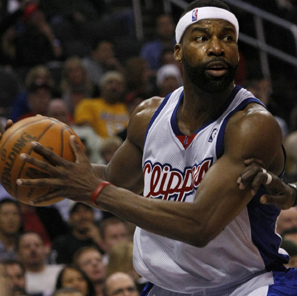
Baron Davis of the L.A. Clippers
(Credit: Anne Cusack/Los Angeles Times/MCT)
Article posted on 3/29/2010
This article has been viewed 3016 times.


